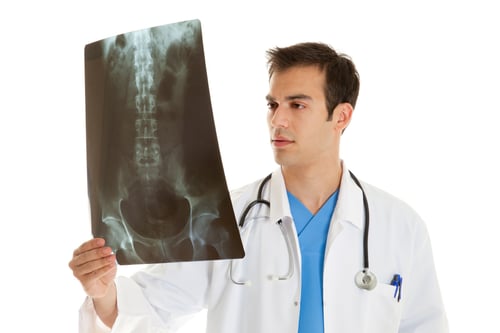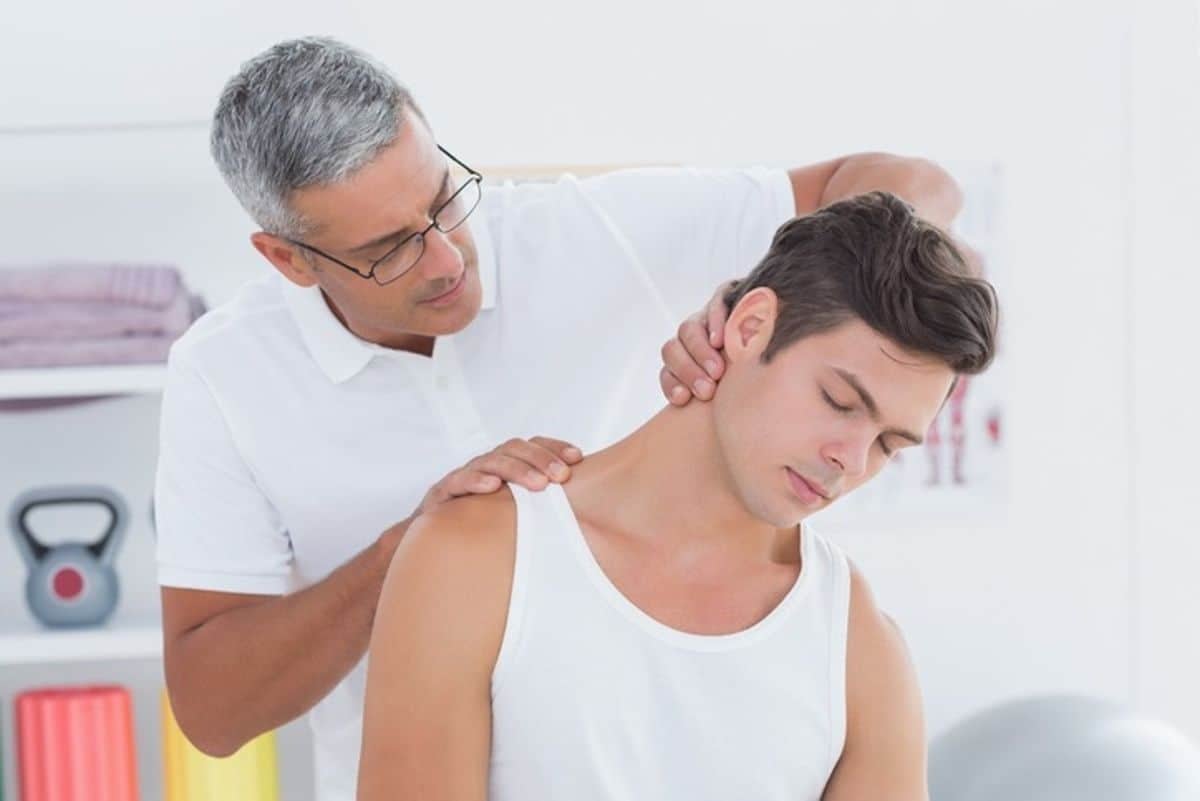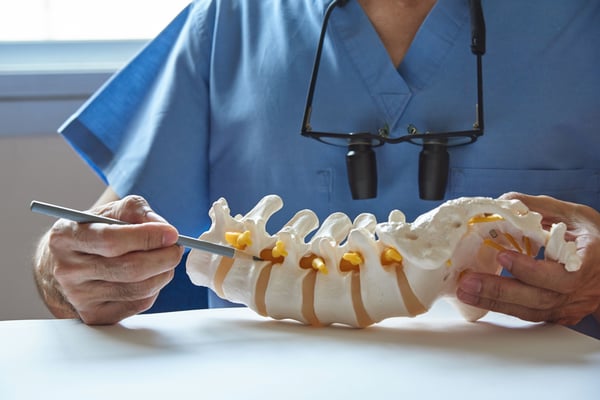In preparation for your Free Chiropractic Consultation, you will be asked to complete forms that provide background information about your medical history, condition, and symptoms you are currently experiencing.
Some of the questions included are:
- When and how did the pain start?
- Where is it located?
- What activities or circumstances make it better or worse?
- Did the pain start as a result of an injury? It is crucial to know if the physical damage resulted directly from the Car Accident.
- Describe the pain - is it sharp, dull, burning, or throbbing? Does it come and go, or is it continual?
The Exam with our local Fairburn Chiropractor
Once we know more about your medical history, the doctor will conduct a precise chiropractic exam that includes comprehensive tests such as blood pressure, pulse, respiration, and reflexes, as well as specific orthopedic and neurological tests to assess:
- Range of motion of the affected part
- Postural Stability
- Muscle strength
- Neurological integrity
- Muscle tone
Diagnostic Studies Which Provide Necessary Detail on How to Correct Your Pain Condition
Based on the results of your chiropractic exam and previous medical history, diagnostic studies are helpful in identifying structural abnormalities to more accurately diagnose your condition and provide compelling evidence to the insurance company why and where you need Chiropractic Treatment after an Auto Accident.
The most common diagnostic studies during your chiropractic exam include:
- An X-ray exam
- Other laboratory tests if necessary and potential outside referral for an MRI

Goals and Report of Findings
Dr. Turner at our Fairburn location will establish specific goals based on your X-ray and Exam Findings for your individualized plan of care:
- Short-term goals include lessening pain and restoring normal joint function and muscle balance.
- Long-term goals are about reacquiring functional independence and tolerance to normal activities of daily living.
Based on your unique situation, Dr. Turner will determine how often you should come in to see her. Sometimes it may be one time a week or it can be multiple times per week when you are in your acute treatment phase.





.png?width=64&name=doctor%20(1).png)






